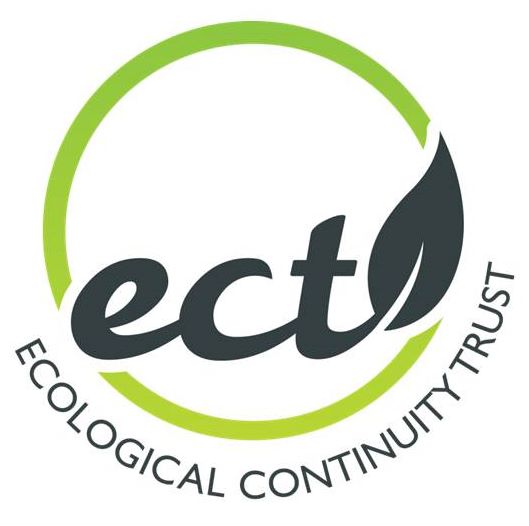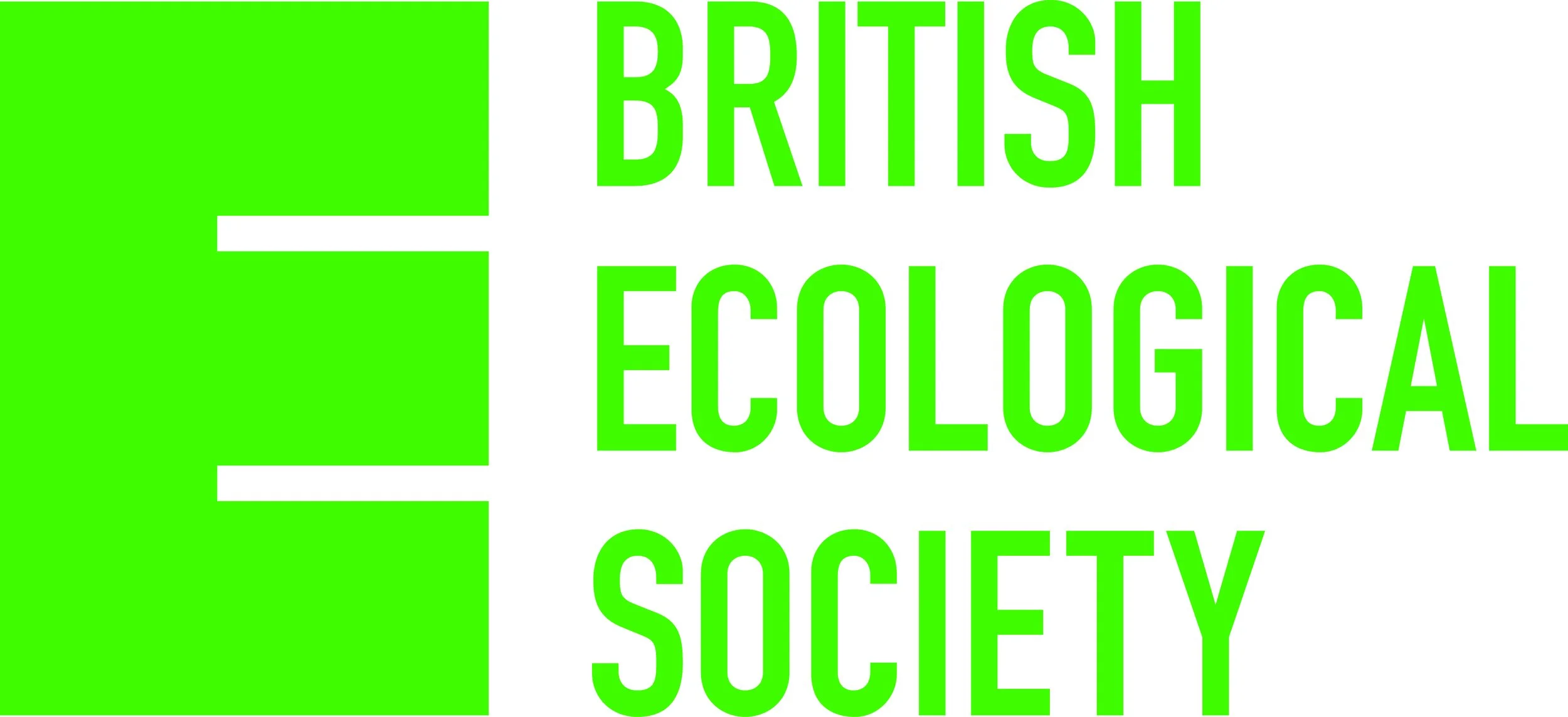The University of Birmingham has provided funding for the employment of a part-time worker in support of BIFoR-FACE’s association with the Sanger Institute’s BIOSCAN Initiative. As a result, Ester Konecna is currently employed to work on BIFoR’s entomological collection. Ester is currently working through the sample archive alongside her undergraduate studies.
BIFoR is currently collaborating with the BIOSCAN Initiative on flying insects captured at the forested site. They send monthly and archive insect samples for species identification via DNA barcoding. This will bring new information about insect diversity and species interaction change through space and time. Ester is enjoying being part of the work there.
Her work day involves taking the insects collected from the malaise and pan traps, carefully sorting them and individually plating them into tiny wells onto a specimen plate. Some collections go back to 2016, so she is working with archive samples. She finds it challenging to separate the specimens from the soupy liquid they have been stored in. After a bit of filtering and dilution which fills the wells quickly, they can be sent in batches to BIOSCAN’s headquarters to be analysed using DNA barcoding. This DNA extracting method is non-destructive, and therefore the insect morphology can be studied after the samples are analysed, and sent back to BIFoR to re-join the insect collections for future study opportunities.
This unique project will reveal the insect diversity at the FACE facility and contribute to the UK insect database. BIOSCAN is partnering with 100 sites across the UK that will be collecting insect samples on a monthly basis for 5 years and is providing all materials, protocols and support needed. It might be a tedious job, but Ester is excited what the results will be.


